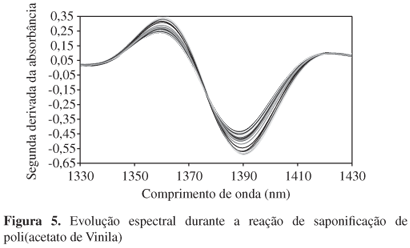Several processes can be employed for manufacturing polymer materials. Each process presents some intrinsic features that lead to production of resins with peculiar properties, which define the end-use application of the final polymeric material. Suspension polymerization processes are extensively used because of their many advantages, such as the easy separation of the polymer particles, easy removal of the heat of reaction, easy temperature control and low levels of impurities and additives in the final polymer material. For this reason, suspension polymerization processes are suitable to produce polymer resins for biotechnological and medical applications. The main objective of this work is to discuss the fundamental aspects of suspension polymerization processes, focusing upon the effects of the main process variables on the performance of suspension polymerizations. Additionally, it is shown that near infrared spectroscopy (NIRS) can be useful for monitoring and real time control of suspension processes, allowing for production of polymer beads with controlled morphology.
Polymerization; suspension; spectroscopy; near infrared





















